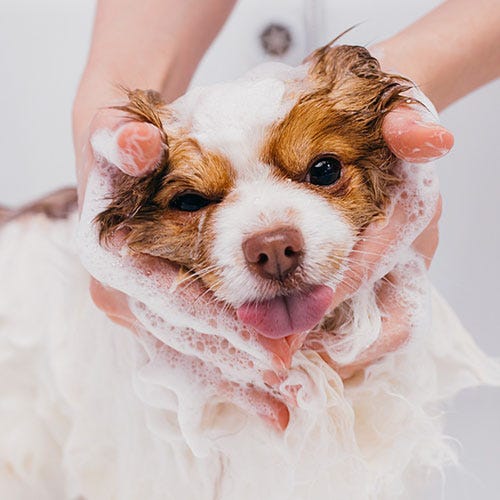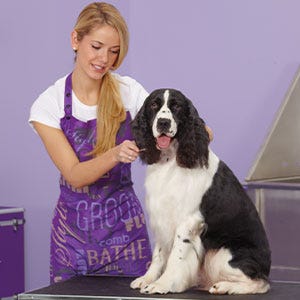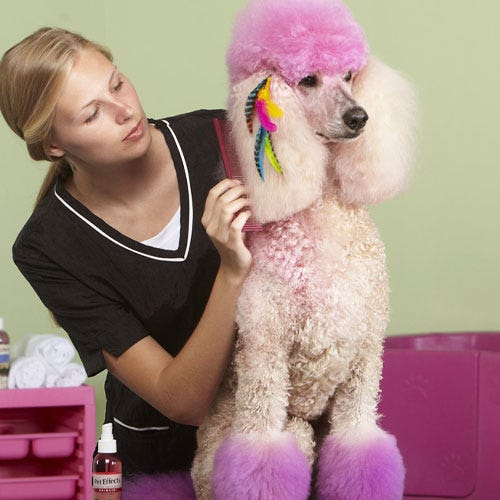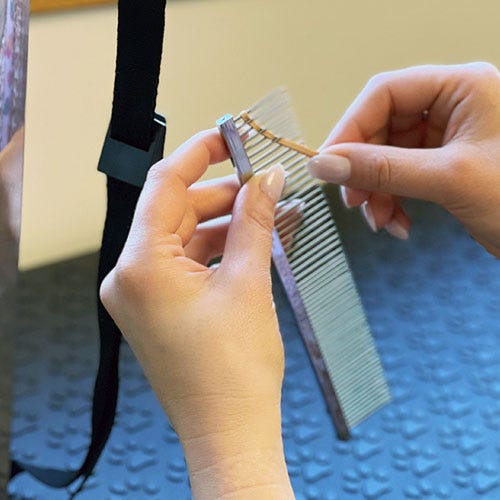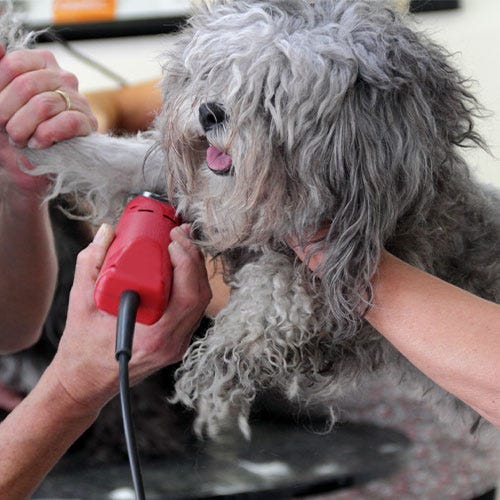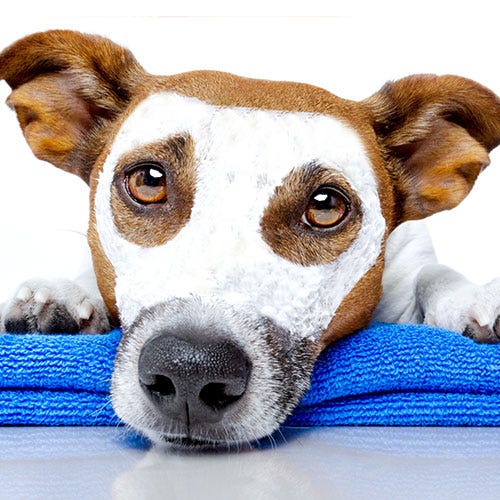The past few years have seen a “Spa” boom in the pet industry. We all want to care for our pet friends in luxury and many pet owners are willing to pay extra for services and products that pamper them. As we all know, marketing can be a very powerful tool, however, marketing alone does not always bring success. If the perception of services does not match the quality or value of the increased costs, the consumer is left disappointed and perhaps reluctant to try again somewhere else. This is where education can bring the understanding necessary to add value to your services. Spa is so much more than soft music, fruity smelling products and a doggy facial. Spa actually supports the immune system, nourishes the body, and helps eliminate toxins. The skin is so much more than a physical barrier, it is an active immune organ. Caring for the skin, especially for animals that live in our human environments, requires regular cleansing and hydration to maintain elasticity, flora, and fauna, and support the follicles to keep the coat in working order.
There was a time in grooming history that led us, as pet stylists, to believe that bathing too often was drying, conditioner wasn’t necessary and regular human soap was fine to use on dogs and cats alike. We now know that dog and cat skin are far more delicate than human skin. Shaving in reverse, products that clean too deeply, and other techniques can damage the hair coat and can compromise the follicle itself. 10 years ago, using conditioner after every shampooing was considered revolutionary. Today we know that it is a necessity. It is not enough to remove bacteria or fungus; we also must replace the trace minerals and oils that were washed away by shampooing. Simply using conditioner regularly can alleviate many of the skin problems that are cumulative in nature. Skin issues are one of the most common and frustrating concerns that veterinarians and owners deal with and can become costly in the attempt to provide the pet with relief from allergies, itchiness, dryness and other conditions that leave the skin barrier open and compromised. Even pets that have internal conditions such as diabetes, Cushing’s and other conditions benefit from good skin care as it helps take the burden of the body in redirecting nutrients to the compromised organs instead of the skin.
Educational courses for pet professionals are much more accessible today and there are many opportunities to gain knowledge for the professional as well as the layperson. Learning the fundamentals of skin care for pets can have profound changes in the way groomers and owners approach even the simplest bathing procedure.


